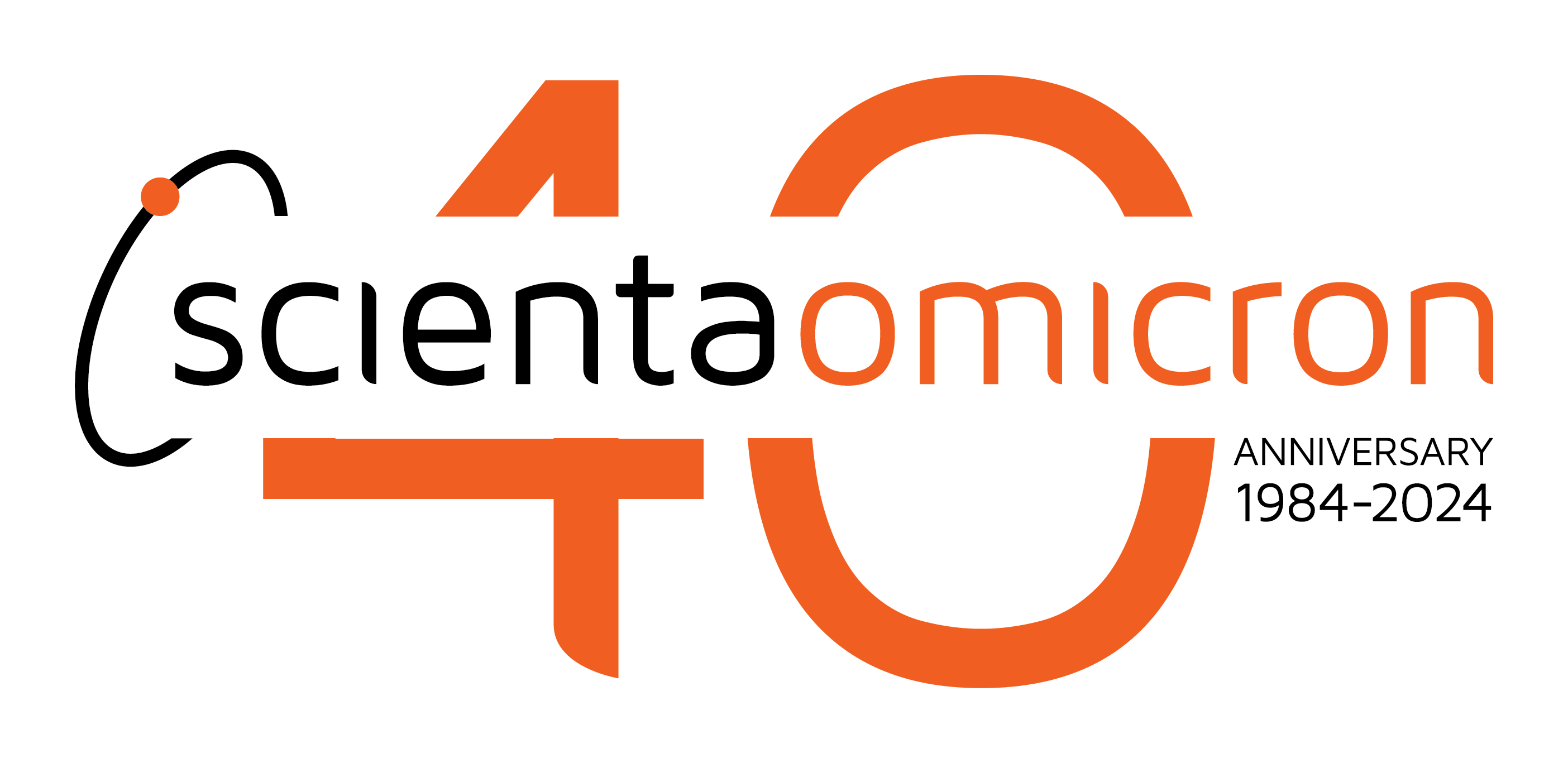Author: Soohyung Park, Thorsten Schultz, Dongguen Shin, Niklas Mutz, Areej Aljarb, Hee Seong Kang, Chul-Ho Lee, Lain-Jong Li, Xiaomin Xu, Vincent Tung, Emil J. W. List-Kratochvil, Sylke Blumstengel, Patrick Amsalem, Norbert Koch
ACS Nano
URL: https://doi.org/10.1021/acsnano.1c04825
Date: 2021
Instruments:
ARPES Lab, DA30-L

